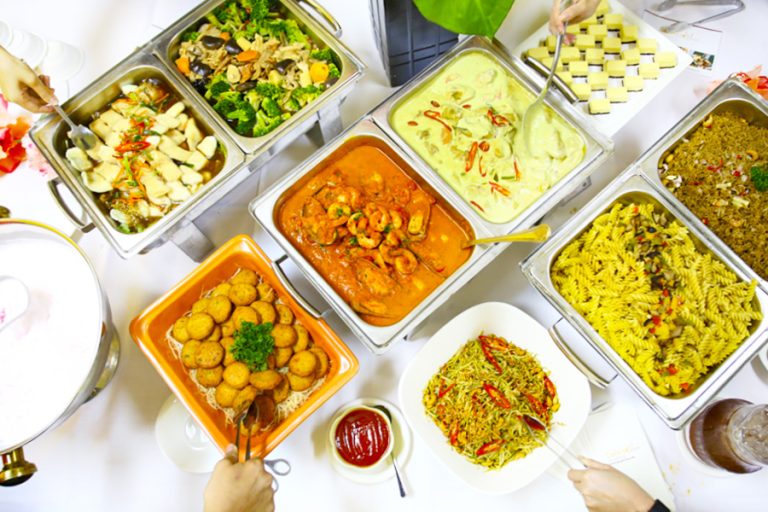Blockchain for Food Integrity: Ensuring the authenticity of food products.
Food supply chains are intricate networks involving various stakeholders from farmers and manufacturers to retailers and consumers. One of the key challenges faced in the food supply chain is maintaining food safety and quality throughout the entire process. With multiple touchpoints and potential risks of contamination or spoilage, ensuring the integrity of food products from farm to table is a critical concern for the industry.
Another significant challenge in food supply chains is traceability and transparency. Tracking the origins of food products, understanding the journey they have undergone, and verifying their authenticity can be complex and labor-intensive. These challenges are further compounded by the global nature of food supply chains, where products can travel across borders and through numerous hands before reaching the end consumer. The lack of transparency in these processes can lead to issues such as fraud, mislabeling, and difficulty in swiftly identifying and addressing food safety incidents.
• Maintaining food safety and quality throughout the entire process
• Ensuring integrity of food products from farm to table
• Multiple touchpoints and potential risks of contamination or spoilage
• Traceability and transparency in food supply chains
• Tracking origins of food products
• Understanding journey undergone by products
• Verifying authenticity can be complex and labor-intensive
• Global nature of food supply chains complicates traceability efforts
The Role of Blockchain Technology in Ensuring Food Integrity
Blockchain technology has emerged as a groundbreaking solution for ensuring the integrity of the food supply chain. By leveraging blockchain, companies can create an immutable and transparent record of every step in the journey of food products, from farm to table. This technology allows for real-time tracking of each transaction, providing visibility into the origin and handling of the food items.
One of the key benefits of using blockchain for food integrity is its ability to enhance trust and accountability throughout the supply chain. With all data stored on a decentralized and secure network, stakeholders can verify the authenticity and quality of food products with confidence. This increased transparency helps to prevent fraud, ensure compliance with regulations, and ultimately, safeguard consumer health and well-being.
Benefits of Using Blockchain for Food Authentication
Blockchain technology offers a secure and immutable platform for verifying the authenticity of food products throughout the supply chain. By recording each step of the journey from farm to table in a transparent and decentralized manner, blockchain ensures that consumers can trust the origin and quality of the food they are consuming. This increased transparency not only builds consumer confidence but also helps in the swift identification and removal of any contaminated or counterfeit products from the market.
Furthermore, the use of blockchain for food authentication enhances traceability, allowing for more efficient recalls in case of food safety issues. With all relevant information accessible on the blockchain, companies can pinpoint the exact source of a problem and quickly isolate affected products, thus minimizing the impact on public health and reducing financial losses for the industry. This streamlined traceability also aids in meeting regulatory compliance requirements, as companies can provide detailed records of their supply chain activities to authorities in a timely manner.
What are some key challenges in the food supply chain?
Some key challenges in the food supply chain include lack of transparency, food fraud, counterfeiting, and difficulty in tracking the origins of food products.
How does blockchain technology help ensure food integrity?
Blockchain technology creates a transparent and immutable ledger that records every step in the food supply chain, from farm to table. This helps ensure the authenticity and quality of food products.
What are some benefits of using blockchain for food authentication?
Some benefits of using blockchain for food authentication include enhanced traceability, improved food safety, reduced fraud, increased consumer trust, and quicker response to food recalls.







